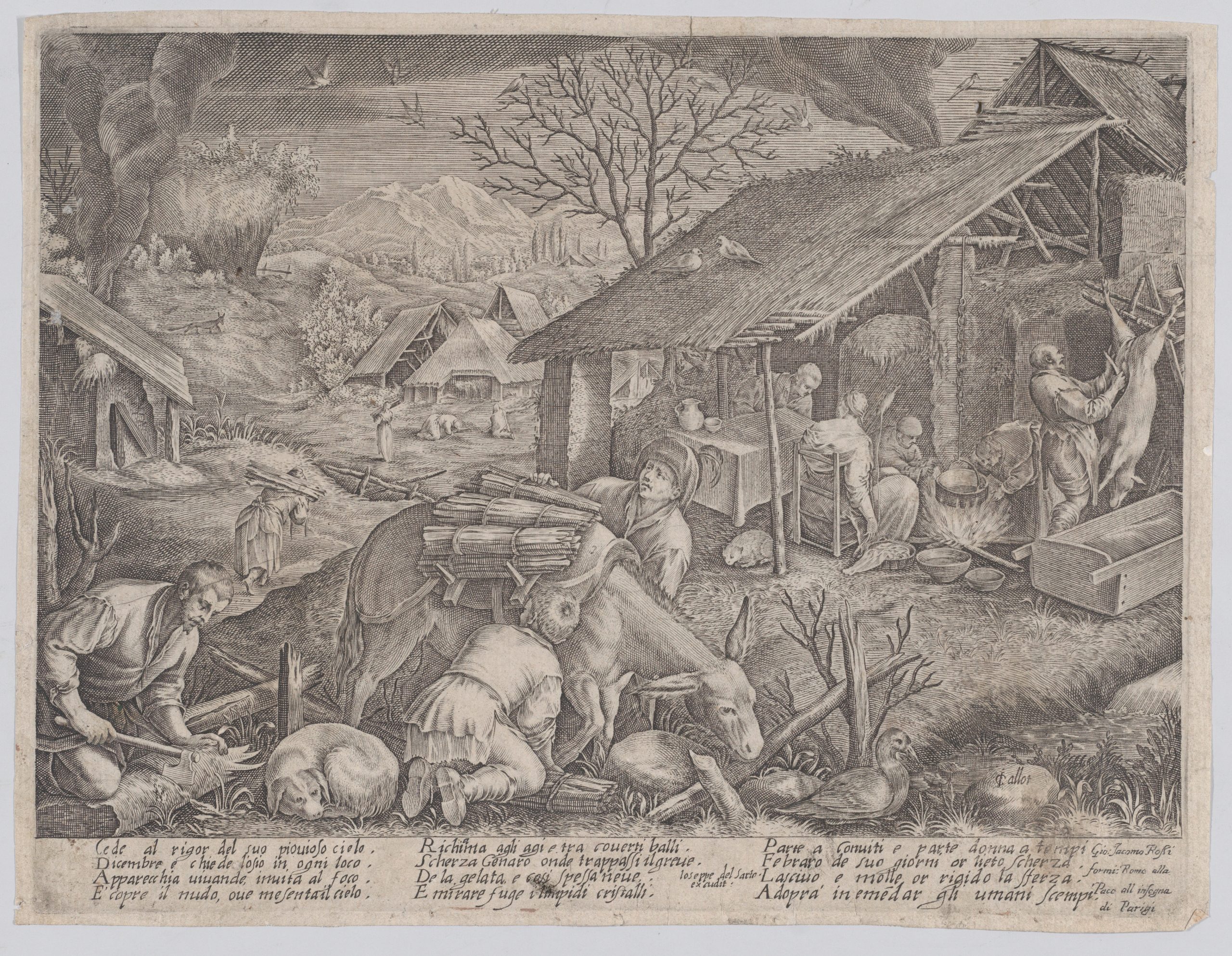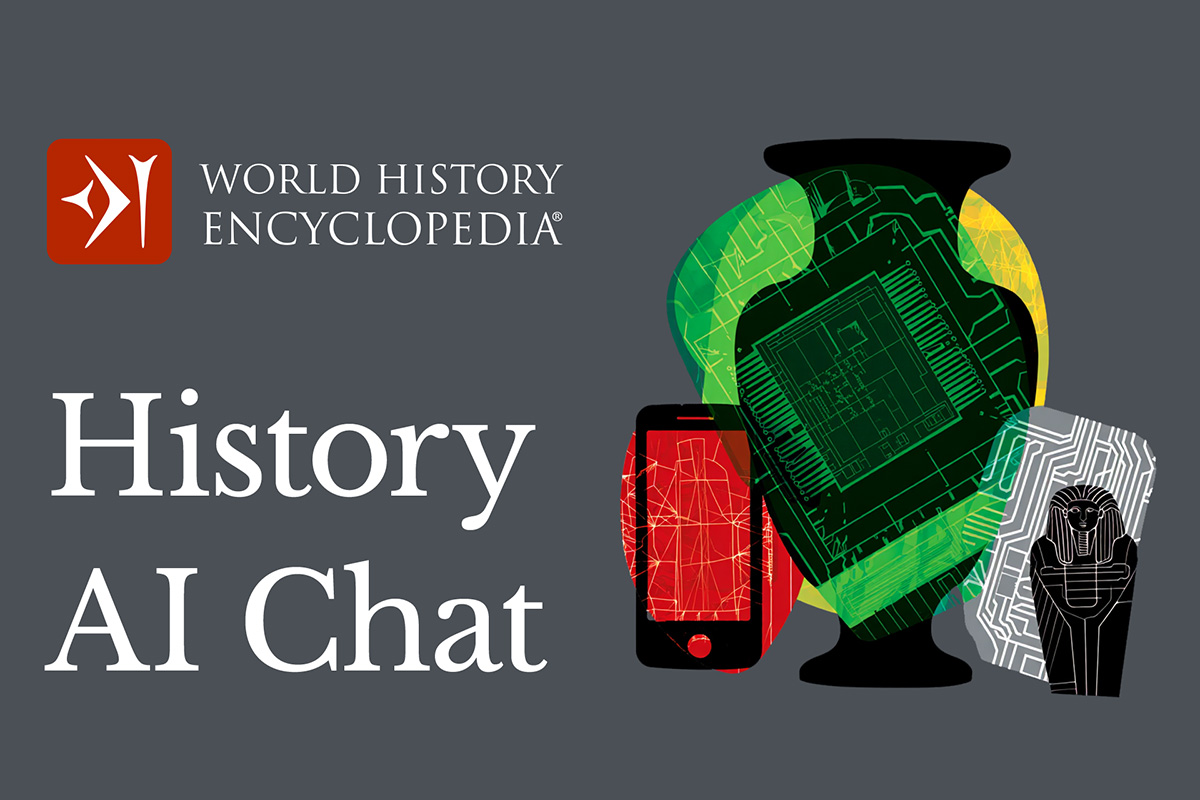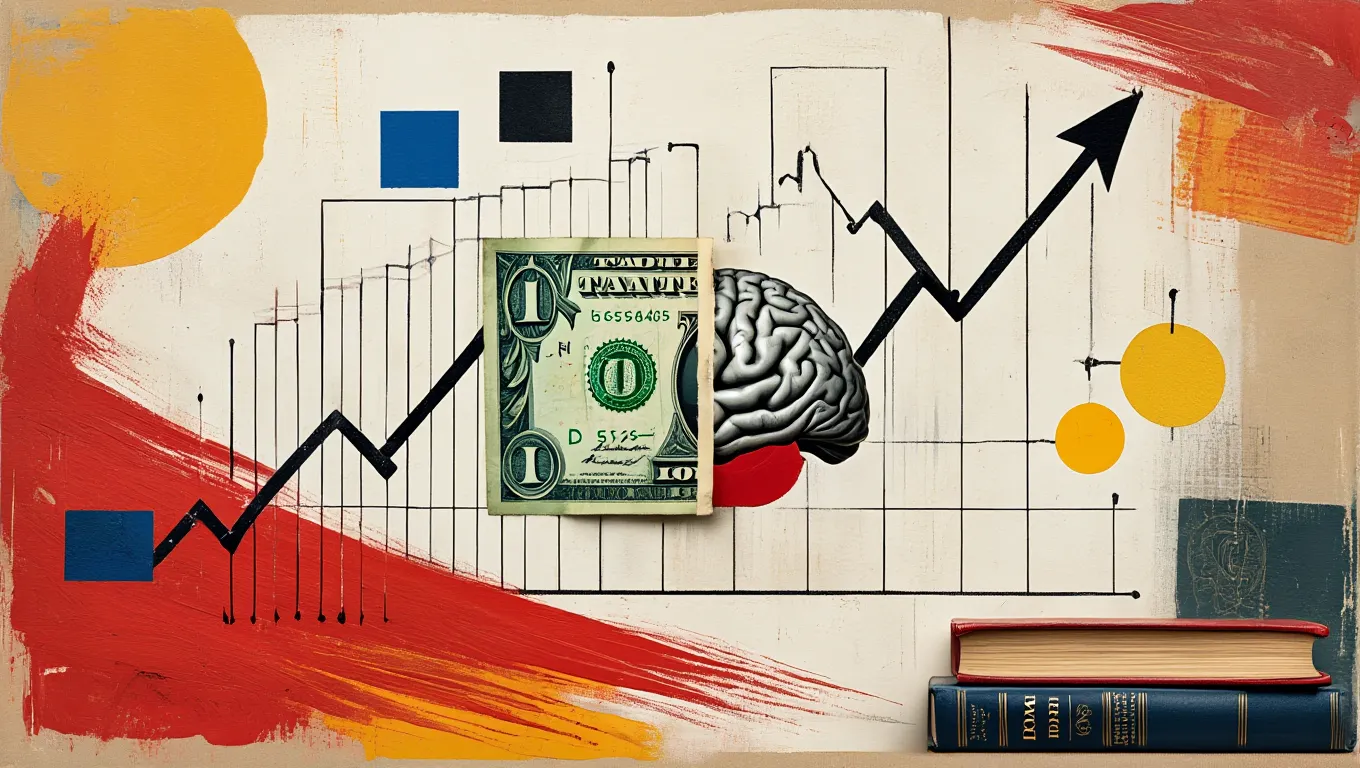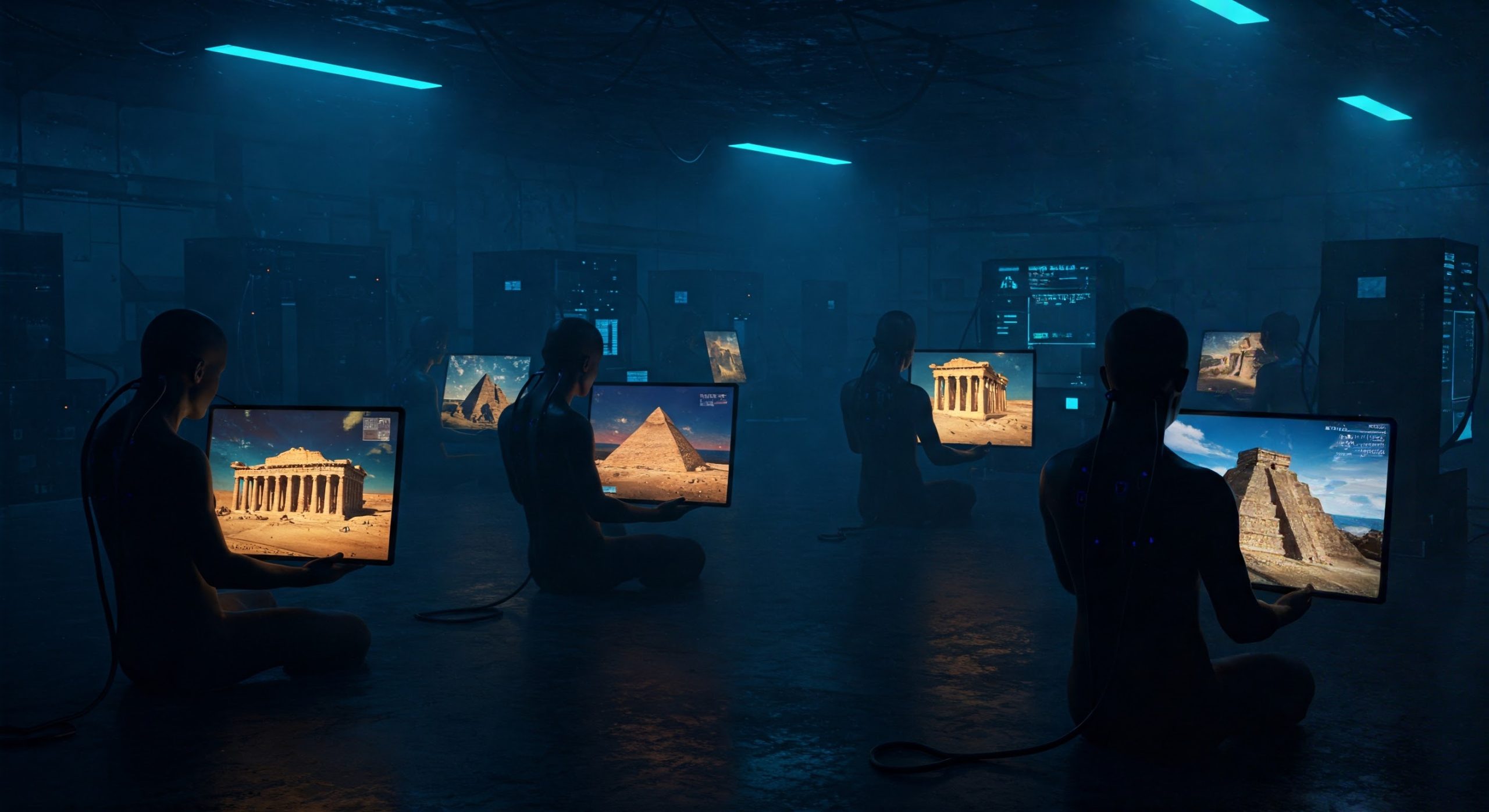Year: 2025
-

Sunday, 27 March 1977: A short story
The skies are grey and filled with the hum of jet engines. “Sunjet two-eighty-two, proceed directly to runway… backtrack and hold.” Every few seconds, the radio buzzes, bringing with it the crackle of another faceless voice. “Received, Sunjet two-eighty-two.”
-

The Myth of Etana: A short story
To the East of an endless river, in the vast unknown, there is a city built of sand and stone. Great towers of chalk, carved from the mountains of Sumeria, stand proudly amidst desert plains, illuminated only by slivers of still moonlight. And when night falls within the city’s walls, it is said that the…
-

Winter as a Human Challenge
Content written by the Educators Council team, originally published as the December 2025 Educators Newsletter. Image credits: Jacques Callot, L’Hiver (Winter), ca. 1610, Metropolitan Museum of Art. Public Domain. For most of human history, winter was the season that shaped communities more than any other. Cold, darkness, food scarcity and isolation meant that survival depended…
-

Ink of Ages Fiction Prize: The Update #13 📜 Longlist for the 2026 Prize released!
*Whispering submission readers*: “I feel a bit mean,” … “Me too…” Welcome to the 13th issue of the Ink of Ages Update, a monthly newsletter by me, Joanne Taylor, with a focus on writing, reading, and well … more writing. Thanks for being here! If this email was forwarded to you, or you’re reading online…
-

Teaching Memory
Content written by the Educators Council team, originally published as the November 2025 Educators Newsletter. For many, November invites reflection—not only on those who have died or survived, but on how we remember them. This month offers an opportunity to explore the emotional, cultural, and social dimensions of loss, and how individuals and communities commemorate…
-

Announcing our partnership with Pangram Labs
Of all the resources and infrastructure that make World History Encyclopedia a reliable resource to readers worldwide, the most important is our Editorial Policy, which is closely implemented by our incredible editorial team. In 2025, we updated this policy to also address the use of AI: “In accordance with our AI Policy, all article submissions…
-

AI in Education: Promise and Peril
Content written by the Educators Council team, originally published as the October 2025 Educators Newsletter. Image credits: Kathryn Conrad / https://betterimagesofai.org / https://creativecommons.org/licenses/by/4.0/ Artificial Intelligence is rapidly becoming part of classrooms and students’ daily lives. While it promises new ways to learn, research, and engage, experts are increasingly warning about its dangers, particularly for young people.…
-

Announcing History AI Chat
We are excited to announce the launch of our History AI Chat – a new way to explore the vast historical knowledge stored on World History Encyclopedia. It’s a credible AI using only reliable sources, designed for educational use. 🏛️ Credible Sources & Trustworthy AI ChatGPT and other popular AI chatbots draw on the entire…
-

Why Non-Profits Must Make a Profit
As you know, World History Encyclopedia is a non-profit organisation, and proudly so. Having a mission for the greater good and not answering to investors or shareholders allows us to focus on doing the right thing, not on revenue. Revenue is always a secondary consideration for us. For example, last month we were approached with…
-

AI at World History Encyclopedia
With the start of 2025, we have now firmly arrived in the era of artificial intelligence. When people search for information on Google, they are now presented with an AI-generated answer to their question for an increasing number of search queries. As a result, we have seen a noticeable drop in visitors to our website…

